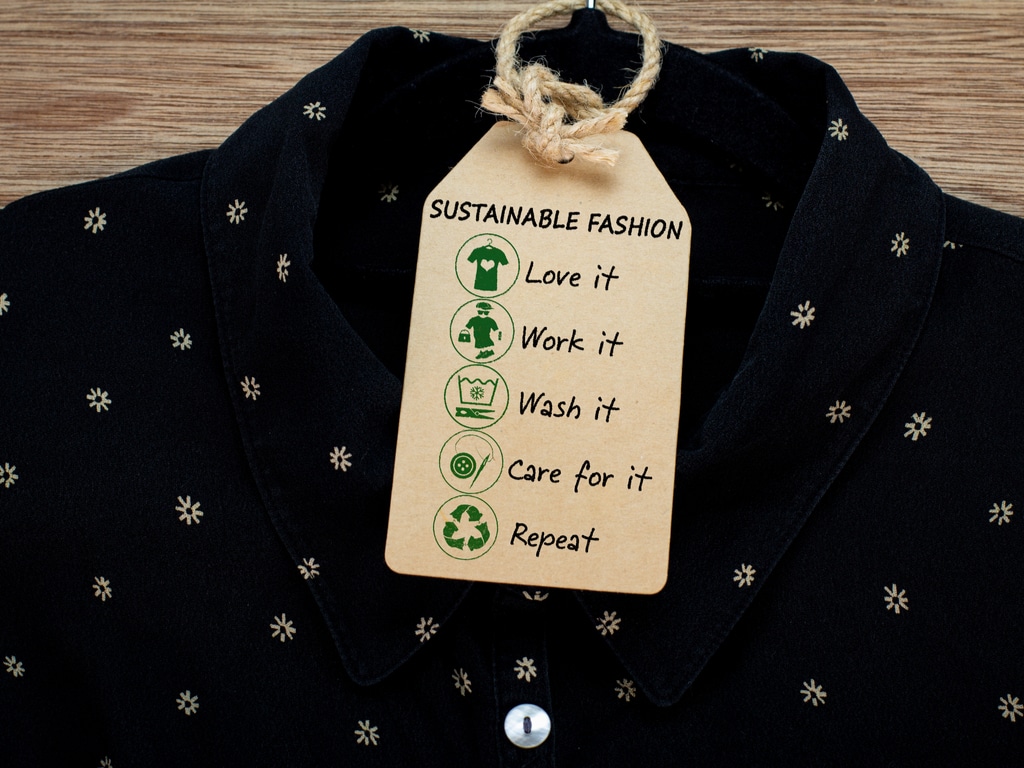At a time when Africa generates 5.8% of the world’s cotton production and employs more than 450,000 people in the industry, the United Nations Economic Commission for Europe (UNECE) and the African Union (AU) are seeking to strengthen their ties in this area. The 7th Business Forum between the two partners was an opportunity for 15,000 experts, members of governments, international organizations and professionals who came to Egypt to discuss the need to strengthen the sustainability of the fashion and garment industry.
The discussions revealed that the apparel and footwear industry in sub-Saharan Africa is worth $31 billion and is expected to grow by 5% until 2024. But before that time, both sides agreed on the implementation of blockchain, a strategy to establish business collaboration between Europe and Africa in sourcing raw materials and exporting African designs.
“Blockchain is a crucial mechanism to enable visibility and collect reliable information throughout the supply chain, from cotton producers to consumers. However, we need a standard approach to implement the technology and make it accessible to all, especially because traceability is a key success factor for more responsible business and consumption models,” says Elisabeth Tuerk, director of economic and trade cooperation at UNECE.
North-South cooperation for the sustainability of made in Africa
“Instead of individual actions, we need more collaboration between North and South, especially through public-private partnerships (PPPs), to avoid trade barriers in the future and promote sustainable business models,” says Geneva-based UNECE.
The Business Forum between the United Nations Economic Commission for Europe (UNECE) and the African Union (AU) also signed a joint Europe-Africa Business Declaration, aimed at influencing policy-making and business activities, and conciliating concrete actions for a sustainable fashion and textile industry. This declaration includes respect for environmental, social and governance (ESG) criteria in the face of the challenges of African exports, which may entail costs related to the need to strengthen human resources, management capacities and technological skills.
Read also-AFRICA: AfDB Launches 2nd Sustainable and Circular Fashion Competition
Ultimately, the aim is to accelerate the development of green textiles and ethical fashion in Africa and Europe to support small and medium enterprises (SMEs) in the global green transition towards sustainable value and supply chains.
Benoit-Ivan Wansi
